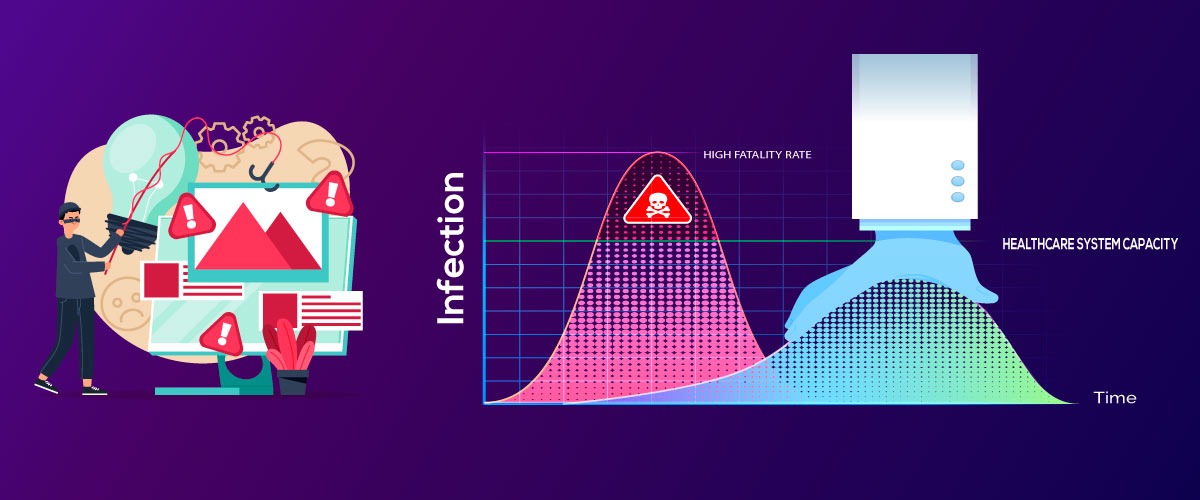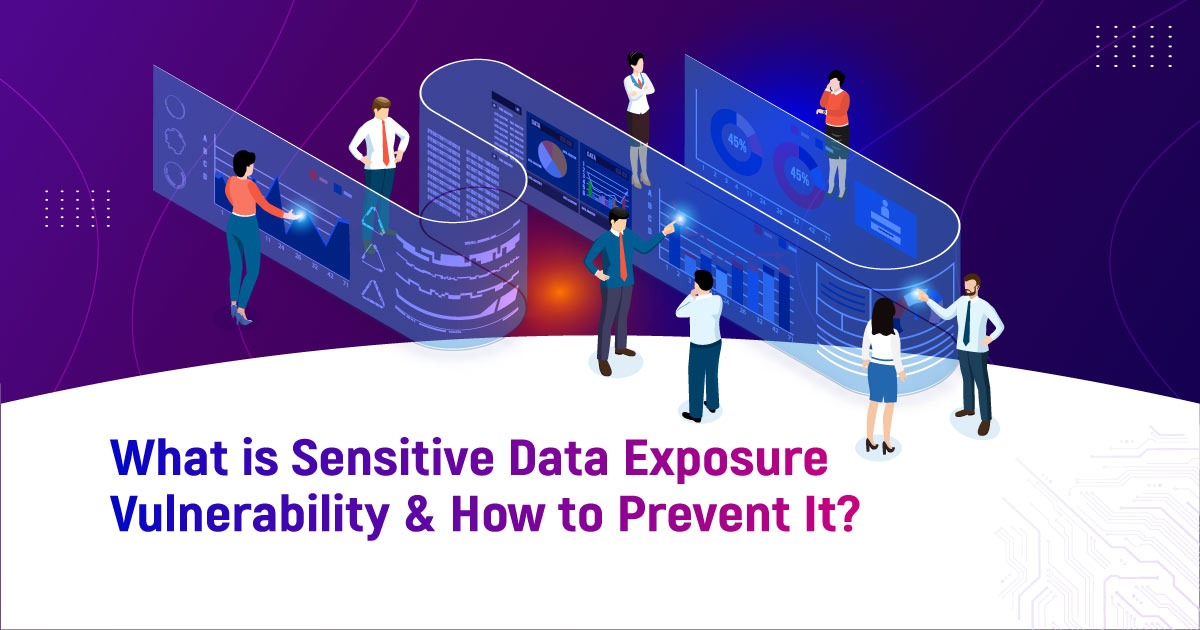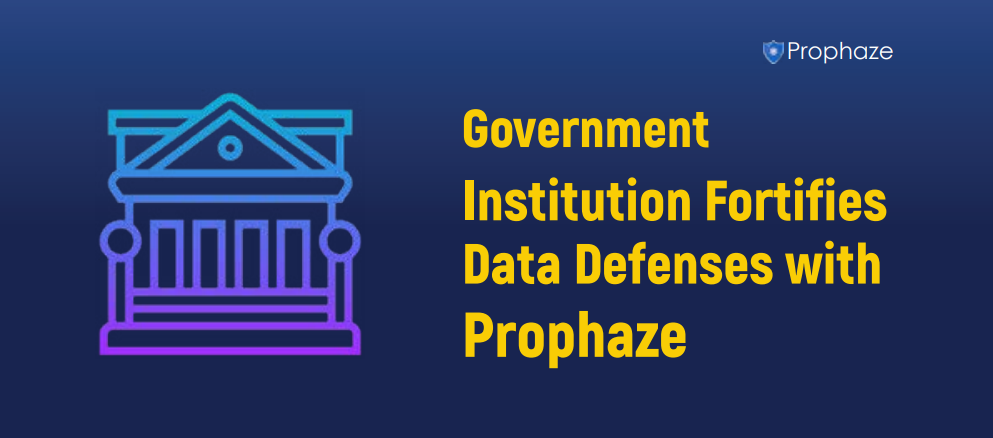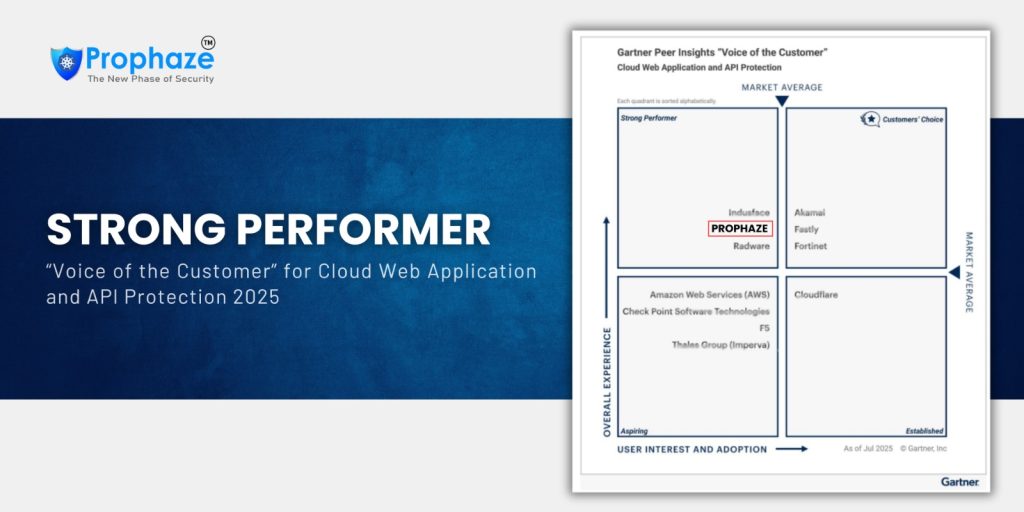All About Sensitive Data Exposure
Sensitive data exposure is a critical issue that affects individuals and organizations around the world. Sensitive data is any information that, if disclosed, could cause harm to an individual or an organization. This includes personal information such as names, addresses, social security numbers, credit card numbers, medical records and financial information. When sensitive data is disclosed, it can lead to identity theft, financial fraud, reputational damage and legal consequences.

What are the Underlying Causes of Data Exposure?
One of the main causes of sensitive data exposure is poor cybersecurity practices. Cybercriminals use a variety of techniques to gain access to sensitive data, including hacking, phishing and malware attacks. For example, a hacker may exploit a vulnerability in a website to gain access to its database and steal sensitive data. Alternatively, a phishing attack may trick a person into revealing their credentials, which can then be used to access sensitive data.
Another cause of sensitive data exposure is human error. For example, an email containing sensitive data may be accidentally sent to the wrong person, sensitive data may be left unsecured on a computer, or documents containing sensitive data may not be disposed of properly. Human error can be prevented through appropriate training, policies and procedures.
Consequences of Disclosing Sensitive Data
Exposure of sensitive data can have serious consequences for both individuals and organizations. For individuals, disclosure of sensitive data can lead to identity theft, which can result in financial loss, impaired credit ratings, and other negative consequences. For companies, disclosure of sensitive data can result in reputational damage, legal penalties, and lost business opportunities.
How can this Exposure be Prevented?
To prevent sensitive data from being compromised, individuals and businesses must take steps to improve their cybersecurity practices. These include using strong passwords, updating software, implementing two-factor authentication and regularly backing up data. In addition, organizations should implement security policies and procedures, including regular employee training and testing, regular vulnerability assessments, and incident response plans.
In summary, sensitive data exposure is a critical issue that affects individuals and businesses around the world. It can be caused by poor cybersecurity practices and human error and can have serious repercussions. To prevent sensitive data from being compromised, individuals and organizations must take steps to improve their cybersecurity practices and implement security policies and procedures. By taking these measures, individuals and companies can protect sensitive data and avoid the negative consequences of exposure.












